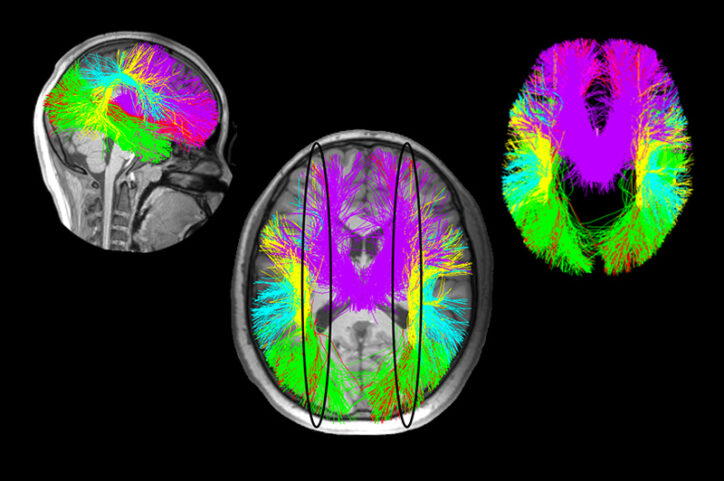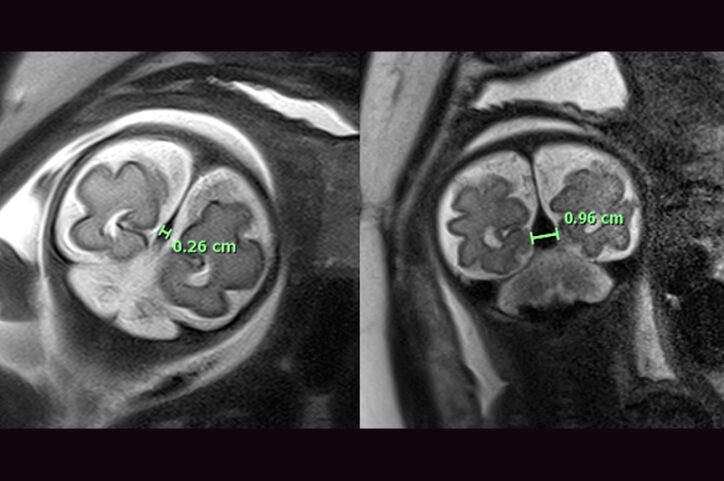Unveiling the hidden impact of moyamoya disease: Brain injury without symptoms
Moyamoya disease — a rare, progressive condition that narrows the brain’s blood vessels — leads to an increased risk of stroke and other neurological conditions. Doctors treating children with moyamoya often face difficult decisions about treatment, notably deciding whether to perform revascularization, a surgery to bypass the narrowed blood vessels and restore blood flow. A ... Read More about Unveiling the hidden impact of moyamoya disease: Brain injury without symptoms
A new druggable cancer target: RNA-binding proteins on the cell surface
In 2021, research led by Ryan Flynn, MD, PhD, and his mentor, Nobel laureate Carolyn Bertozzi, PhD, opened a new chapter in biology, characterizing a new kind of player on the cell surface: glycoRNAs. Extending this discovery recently in Cell, Flynn and colleagues showed that glycoRNAs form highly organized clusters with RNA-binding proteins on the ... Read More about A new druggable cancer target: RNA-binding proteins on the cell surface
Forecasting the future for childhood cancer survivors
Children are much more likely to survive cancer today than 50 years ago. Unfortunately, as adults, many of them develop cardiovascular disease, secondary cancers, or both, believed to result from the toxic effects of chemotherapy and radiation. But the full risk picture for survivors hasn’t been clear. “Patients want to know how long they’ll live ... Read More about Forecasting the future for childhood cancer survivors
Genetic causes of congenital diarrhea and enteropathy come into focus
Congenital diarrheas and enteropathies are rare and devastating for infants and children. Treatments have consisted mainly of fluid and nutritional management. But in recent years, targeted dietary and drug therapies have emerged based on genetic discoveries. Now, research led by Boston Children’s Hospital, The Hospital for Sick Children in Toronto, and UCLA takes a major ... Read More about Genetic causes of congenital diarrhea and enteropathy come into focus
Genomic sequencing transforms a life: Asa’s story
Asa Cibelli feels like he’s been reborn. The straight-A middle schooler plays basketball and football, does jiu jitsu, is learning guitar, and can solve a Rubik’s cube in 40 seconds flat. But he once wondered if he’d ever feel better. From birth, Asa experienced chronic abdominal pain and severe diarrhea. The many doctors he saw ... Read More about Genomic sequencing transforms a life: Asa’s story
Could the falcine sinus hold the key to vein of Galen outcomes?
A Boston Children’s Hospital study uncovers how fetal magnetic resonance imaging (MRI) could be a game-changer in predicting outcomes for infants born with vein of Galen malformations (VOGMs). The study, just published in Stroke, focused on the width of the falcine sinus (FS) — the fetal structure that channels blood from the malformation back to ... Read More about Could the falcine sinus hold the key to vein of Galen outcomes?







